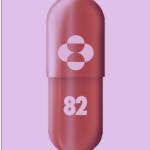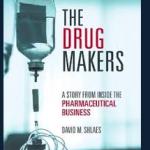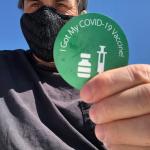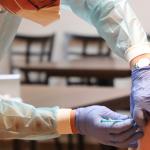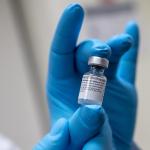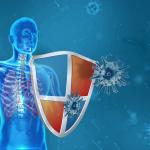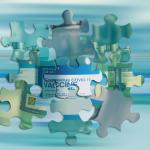There are now two direct-acting antiviral drugs that have been shown to decrease the severity of COVID, Gilead's remdesivir and Merck's molnupiravir.
Biomedicine & Biotech
Recent discussions on the economics of innovation in rapid diagnostic testing for bacterial infections in the hospital setting have inspired me to once again take pen (keyboard) in hand.
Throughout 2021, Mike “the health ranger” Adams has been a consistent source of science-fiction-inspired commentary about the COVID-19 vaccines.
Genetically engineered (GE) crops, which have been commercially available for 25 years, have been widely misunderstood and under-appreciated, especially by certain news outlets.
Over the course of the pandemic, our understanding of SARS-COV-2 has changed almost weekly as new evidence has continued to roll in.
COVID-19 vaccination has been linked to a collection of severe side effects.
With US public health officials recommending COVID-19 booster shots for all Americans this fall, the internet is awash in claims that the original vaccines proved to be ineffective against the circulating SARS-COV-2 variants.
One of the many lessons learned from COVID is that it's not trivial to come up with new drugs or therapies that will tackle a new virus. Chemistry blogger Derek Lowe, who started his unparalleled "In the Pipeline" blog two decades a
If you want to find “evidence” that the COVID-19 vaccines are deadly, you don't have to look very hard. New blog posts, videos, news stories, and social media posts hit Google every day, and they all follow the same formula.
Natural News founder Mike “The Health Ranger” Adams is 0-for-2 in his predictions about the COVID-19 vaccine apocalypse.
